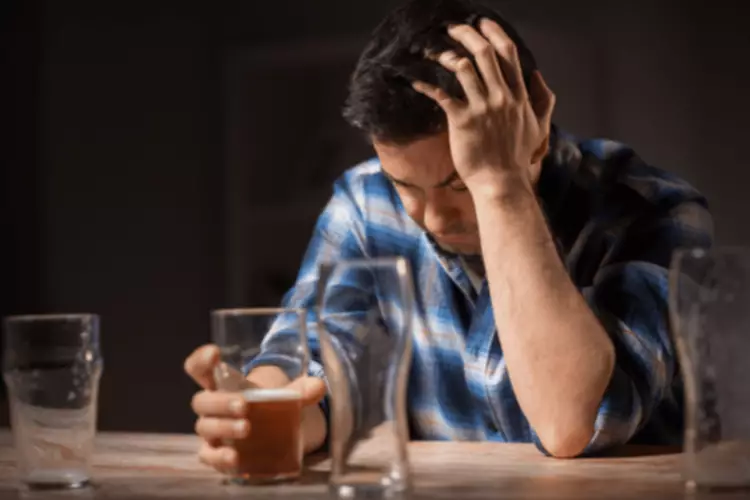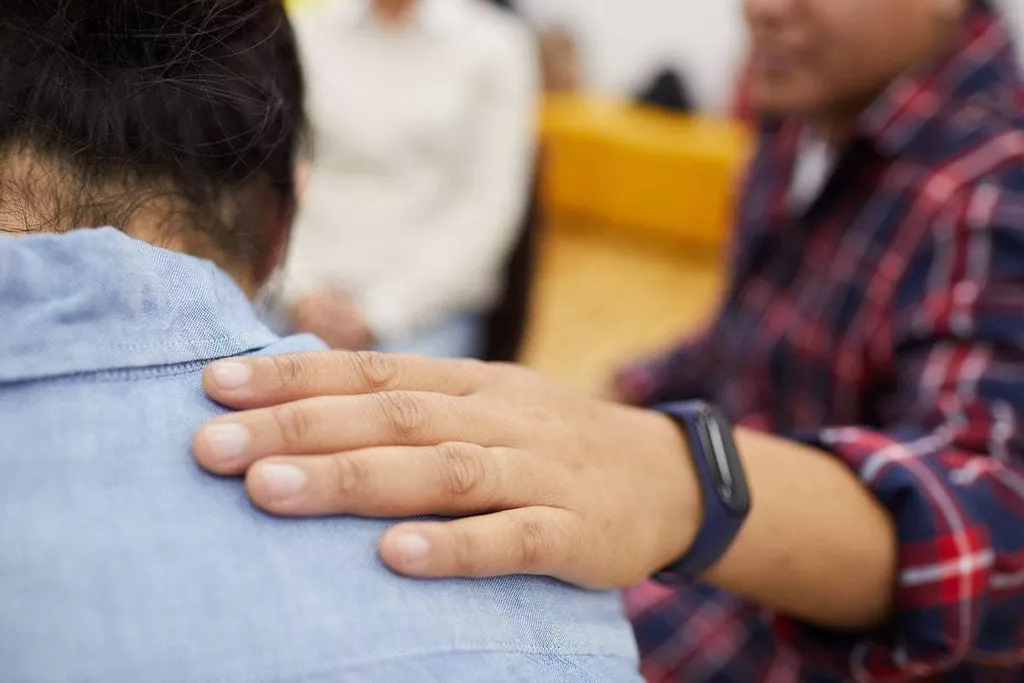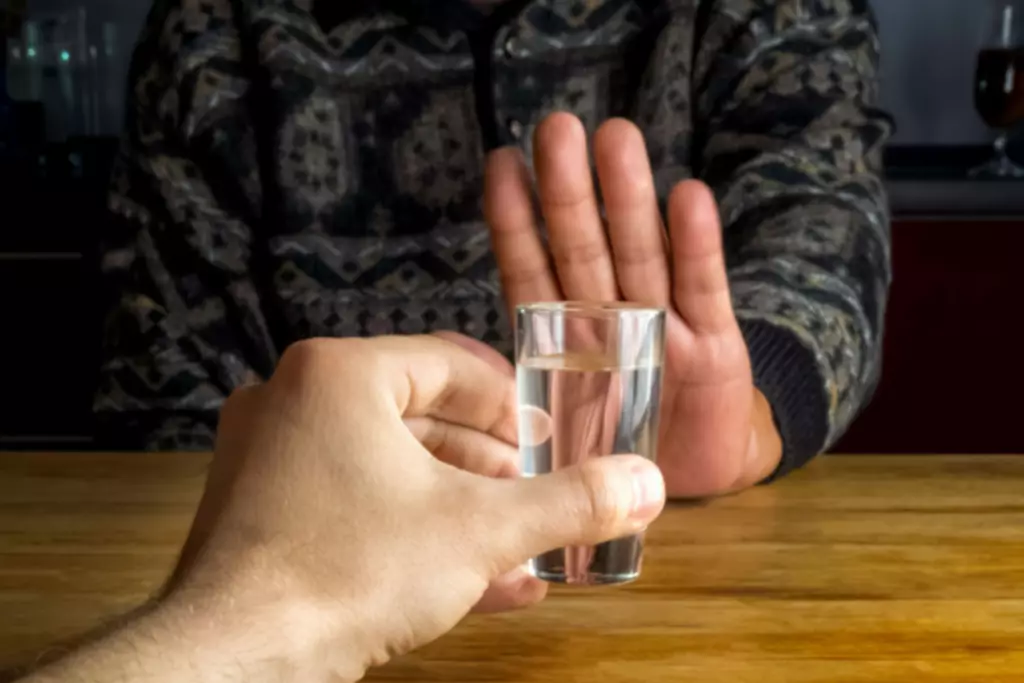
The path from using opioids to help relieve pain to one of opioid abuse and opioid addiction can be slow and subtle, or it can happen quickly. A lot depends on your risk factors and why you started taking the opioids in the first https://ecosoberhouse.com/ place. Often, substance abuse is accompanied by a mental health condition or co-occurring disorder. People with an addiction and a mental health concern have a dual diagnosis.
Opioids
- Seek out recovery supports, including mutual aid groups, recovery coaches, and peer recovery services.
- These guidelines help evaluate a patient’s clinical needs and situation to match them with the right level of care, in the most appropriate available setting.
- However, our findings suggest that another measure of well-being (i.e. self-esteem) could be compromised and warrants additional attention.
You’ll also find information about coping with a loved one’s addiction. In this comprehensive blog post, we will explore the stages of brain recovery from opioid addiction, offering a timeline that spans from the early days of sobriety to long-term healing. The current review emphasized the chronic nature of opioid use disorders.
FIND TREATMENT:
For example, 2 mg of intravenous morphine a day may recovery from opioid addiction provide low-risk pain management, but 2 mg a day of intravenous fentanyl can be deadly. The early stages of recovery often focus on achieving physical stability and learning basic coping skills. As individuals progress, the focus shifts to addressing underlying issues, developing a strong support network, and building a fulfilling life in sobriety. It’s a gradual process, with each milestone representing a significant achievement. The journey typically begins with a comprehensive assessment to determine the most appropriate course of treatment. This is followed by a period of detoxification, where the body is safely cleared of opioids under medical supervision.

Featured Programs

Which brings us to the opioid epidemic and the crisis of opioid overdoses. Recovery support resources can be found within recovery organizations at the local, state, and national levels. Today, there are hundreds of such organizations throughout the United States. Various barriers have made family involvement in services for substance use disorders the exception rather than the rule. In many cases, providers don’t have training or tools to know what to do.
Finding Support

Making the decision to seek help for the disease of addiction takes courage.AppleGate what is Oxford House Recovery offers accessible care through FDA-approved, Buprenorphine based treatment and support. Friends, family, sponsors, and counselors are an essential part of the addiction recovery process, providing support and a listening ear. When you’re busy, your mind is less likely to wander to using drugs or other negative thoughts. “Stay busy, but not to the point where it becomes a distraction from dealing with underlying issues like trauma or mental health,” Sternlicht says.
